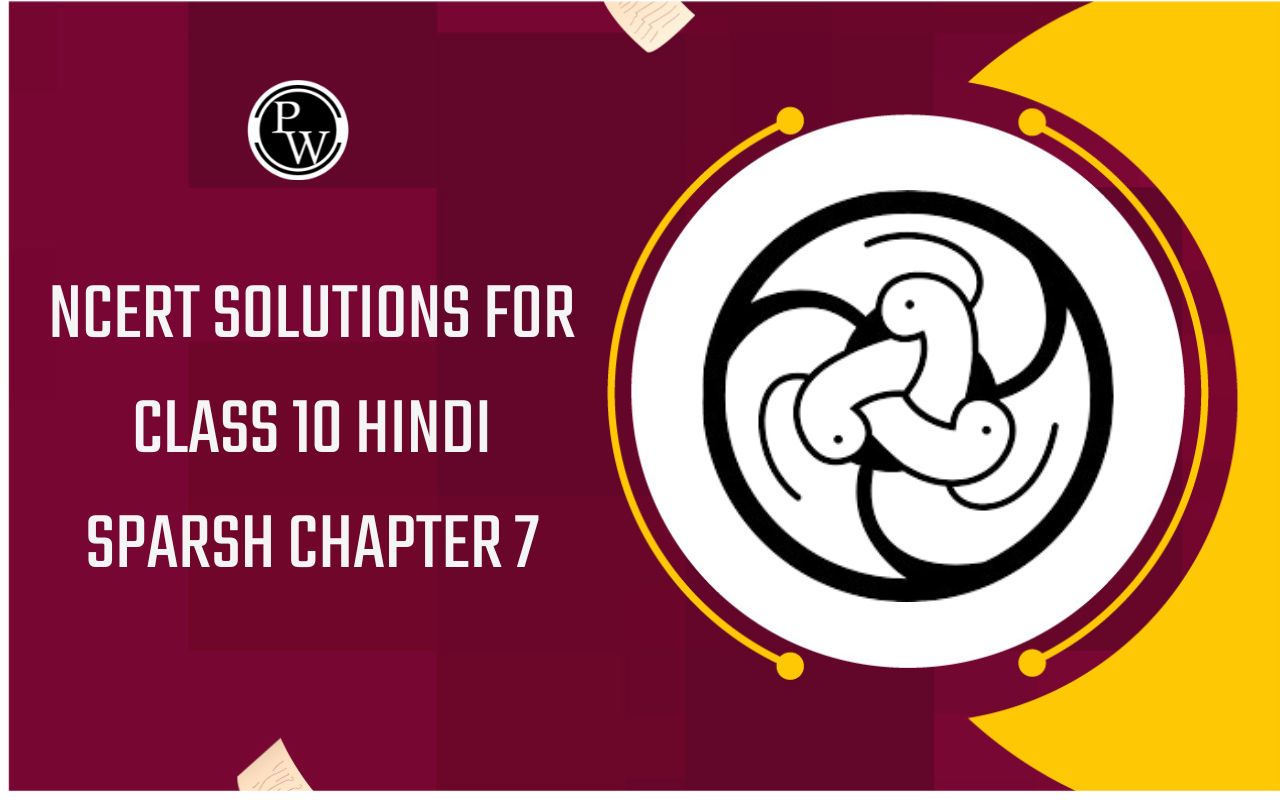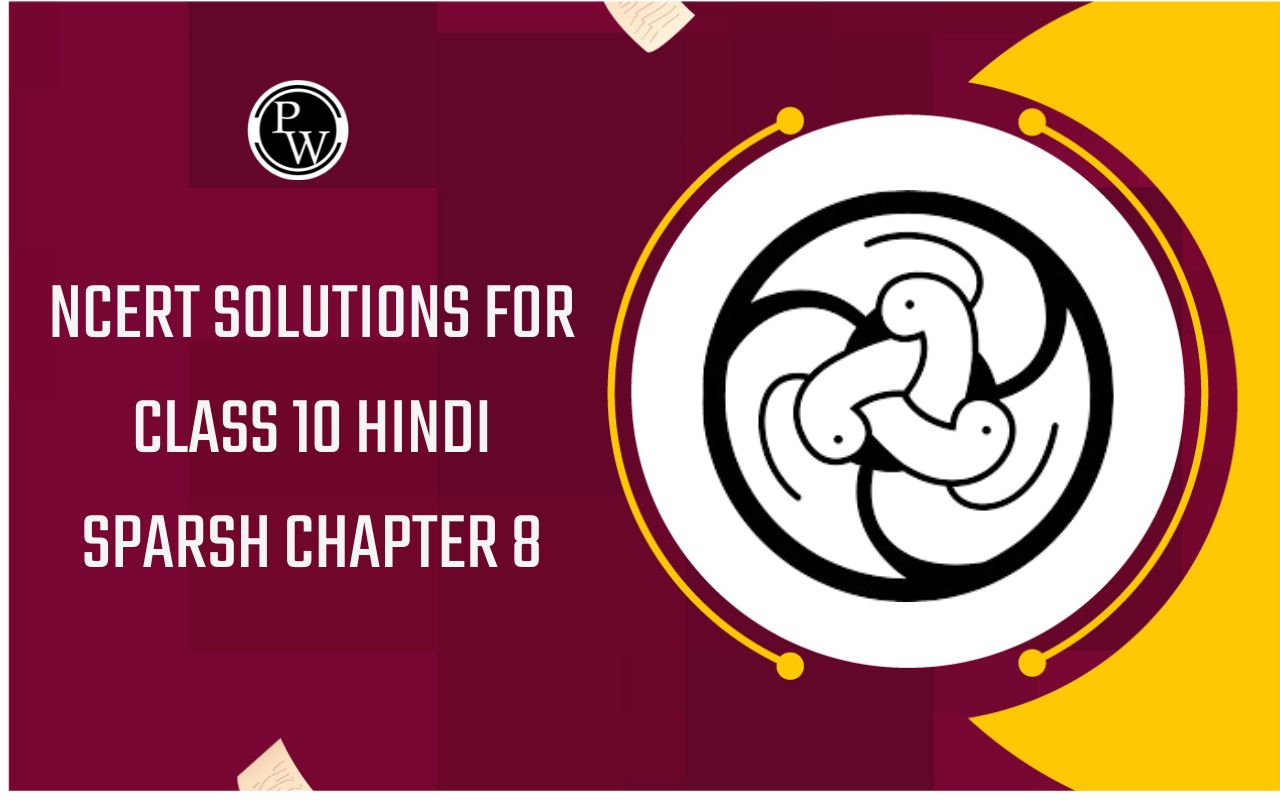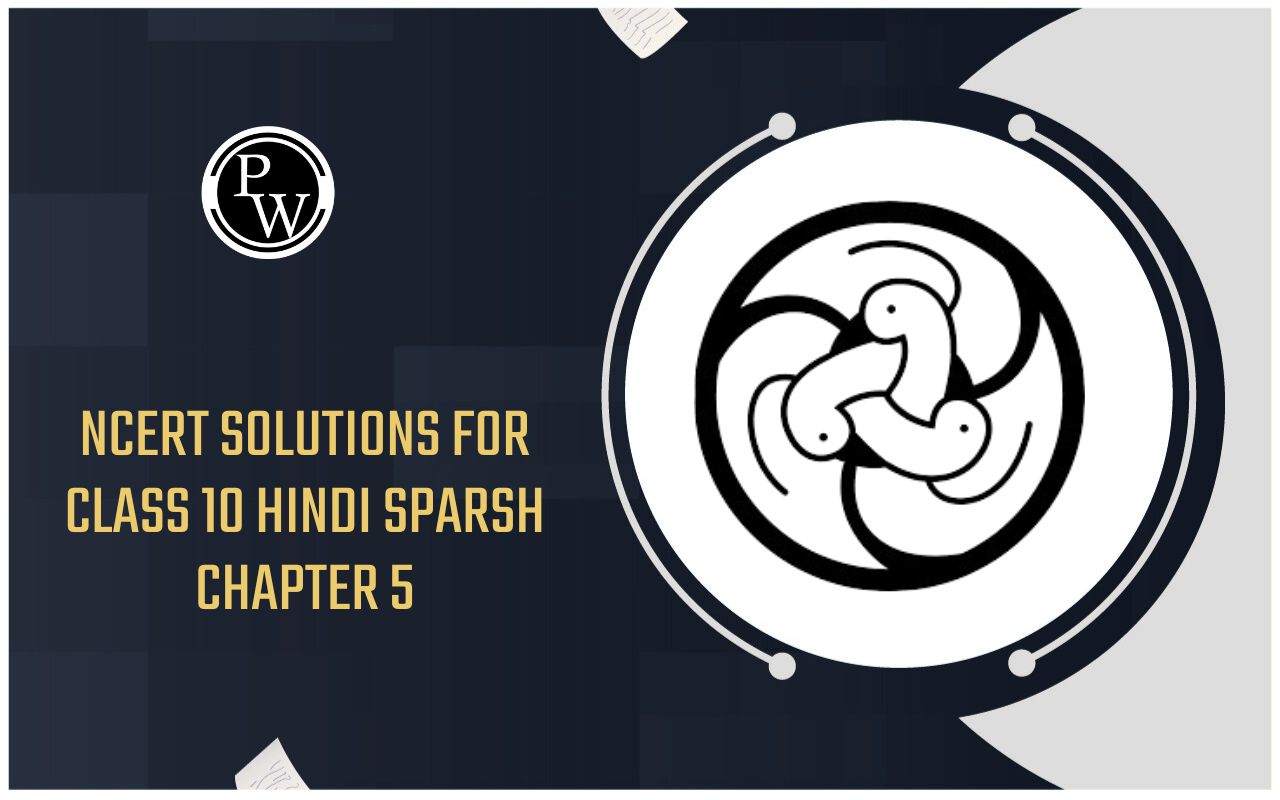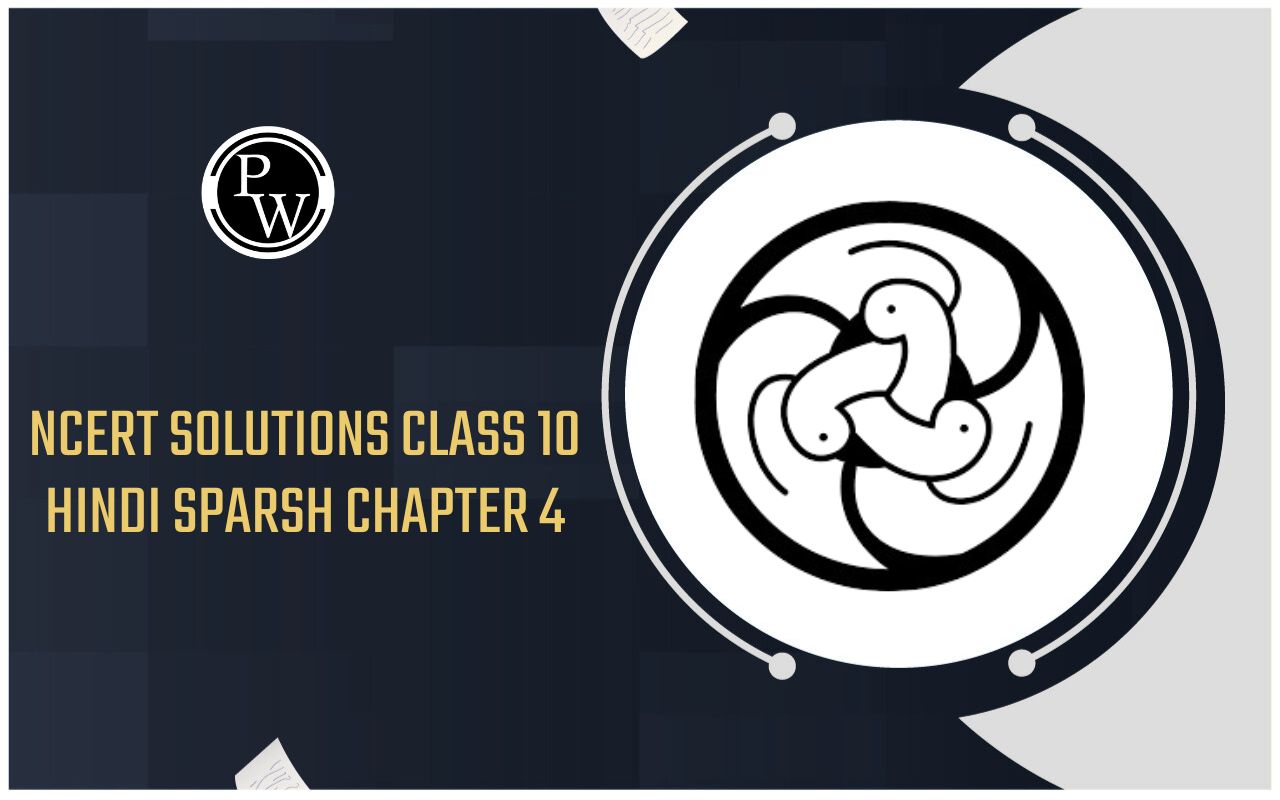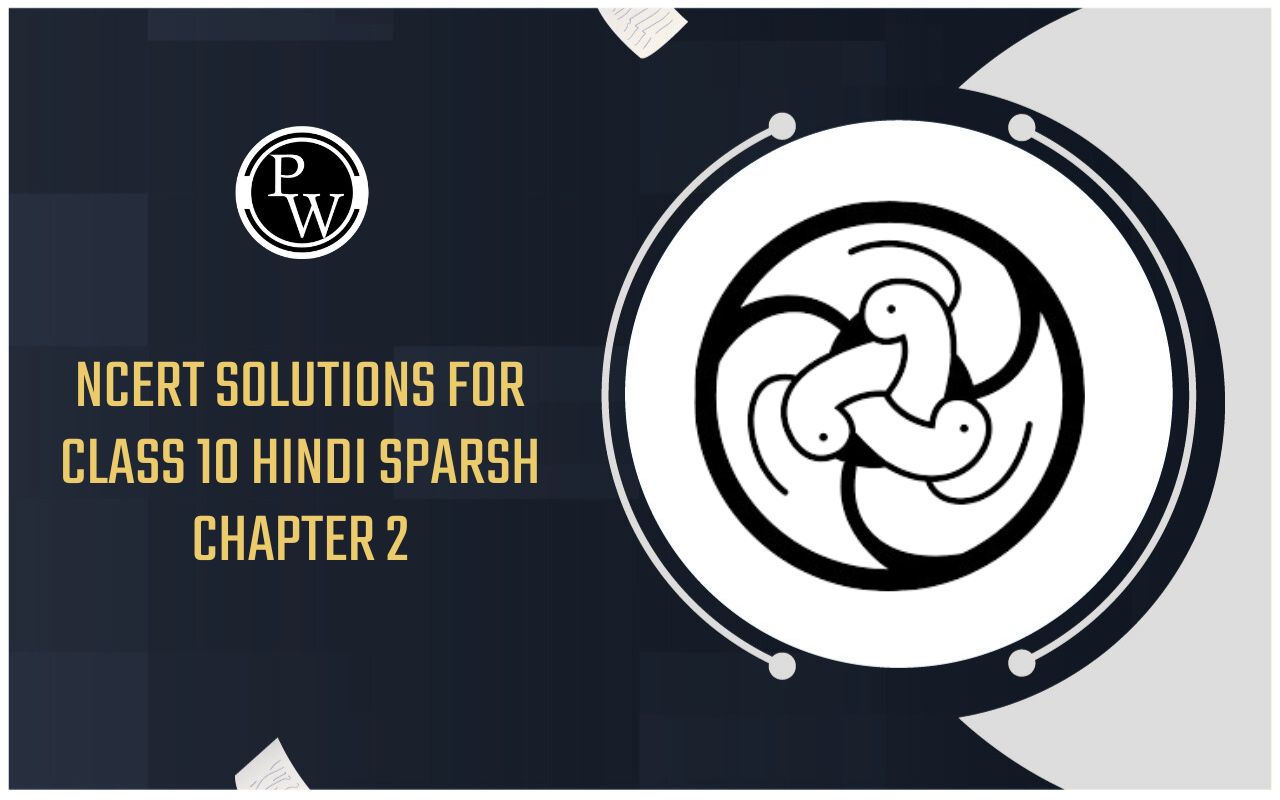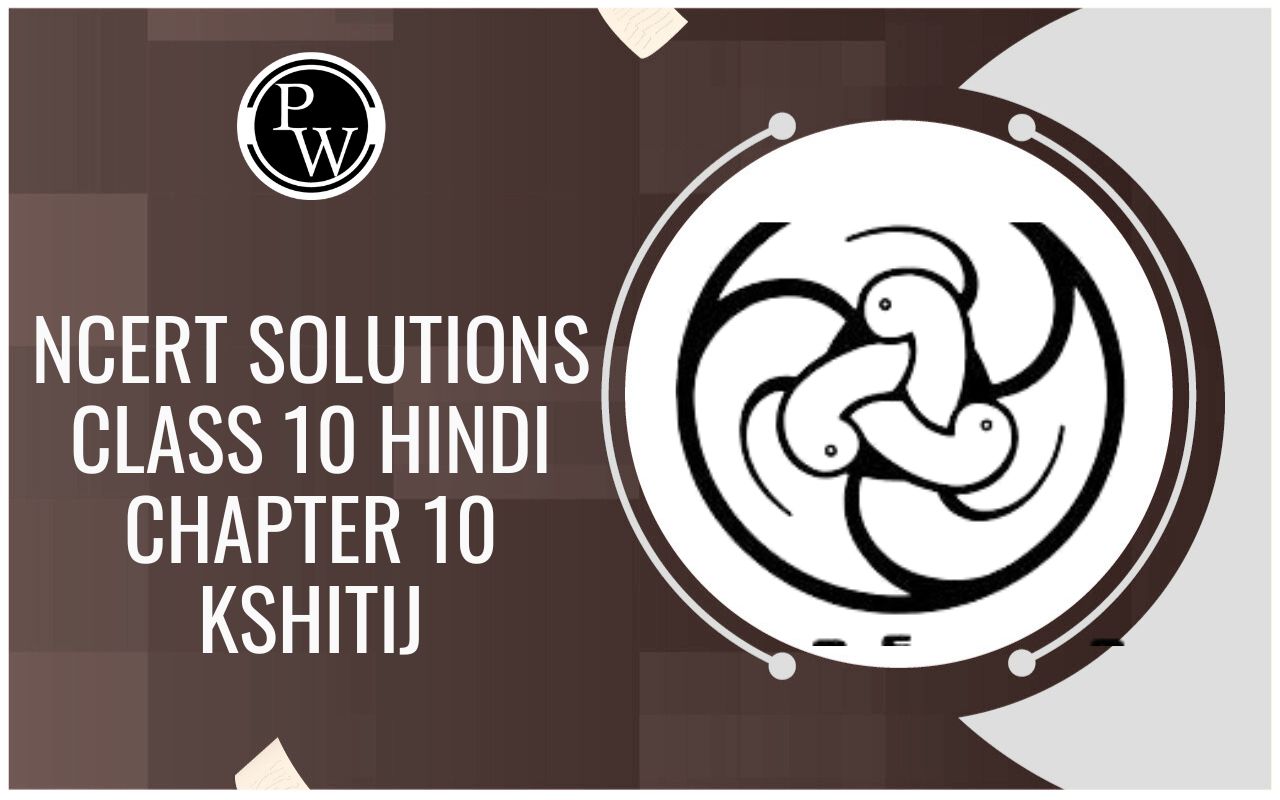
Why Do We Need Political Parties
Political Parties of Class 10
Why Do We Need Political Parties:
- Political parties are easily one of the most visible institutions in a democracy.
- For most of the ordinary citizens, democracy is equivalent to political parties.
- Most people tend to be very critical of political parties. They tend to blame parties for all that is wrong with our democracy and our political life.
- Parties have become identified with social and political divisions.
MEANING OF POLITICAL PARTY:
A political party is a group of people who come together to contest elections and hold power in the government. They agree on some policies and programmes for the society with a view to promote the collective good. Since there can be different views on what is good for all, parties try to persuade people why their policies are better than others. They seek to implement these policies by winning popular support through elections.
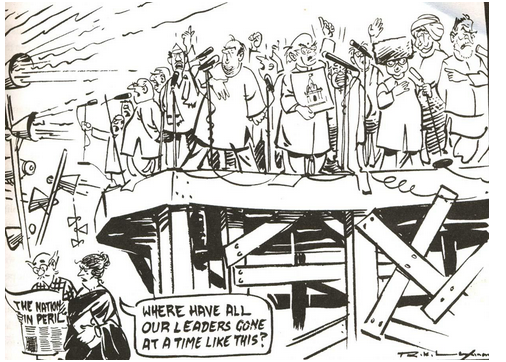
Thus, parties reflect fundamental political divisions in a society. Parties are about a part of the society and thus involve PARTISANSHIP. Thus a party is known by which part it stands for, which policies it supports and whose interests it upholds. A political party has three components:
- the leaders,
- the active members and
- the followers
FUNCTIONS:
- Elections: Parties contest elections. In most democracies, elections are contested mainly among the candidates put up by political parties.
- Declaration of Policies: There are always some socio-economic and political issues before the nation at the domestic and international levels. Political parties put forward their considered views and policies before the people and suggest ways to tackle the issues.
- Moulding Public Opinion: The parties stimulate interest of public in the issues before the nation. They use all means of mass communication to educate, influence and mould public opinion in their favour. Political parties are significant agencies for creating public opinion.
- To form and run the Government: Formation of government is one of the aims and functions of a political party. In a Parliamentary system, the leader of the party in power becomes the Prime Minister and he appoints the other ministers in his Cabinet.
- Function of Criticism: The party or parties which fail to form the government, constitute the opposition and perform the most important function of criticising the working of government, its policies and its failures. They check the government from assuming dictatorial powers.
NECESSITY:
The necessity of political parties can be understood by imagining a situation without parties. Every candidate in the elections will be independent. So no one will be able to make any promises to the people about any major policy changes. The government may be formed, but its utility will remain ever uncertain. Elected representative will be accountable to their constituency for what they do in the locality. But no one will be responsible for how the country run.
The rise of political parties is directly linked to the emergence of representative democracies. As we have seen, large scale societies need representative democracy. As societies became large and complex, they also needed some agency to gather different views on various issues and to present these to the government. They needed some way to bring various representatives together so that a responsible government could be formed. They needed a mechanism to support or restrain the government, make policies, justify or oppose them. Political parties fulfill these needs that every representative government has.
So, it can be said that parties are a necessary condition for a democracy.
Related Topics

